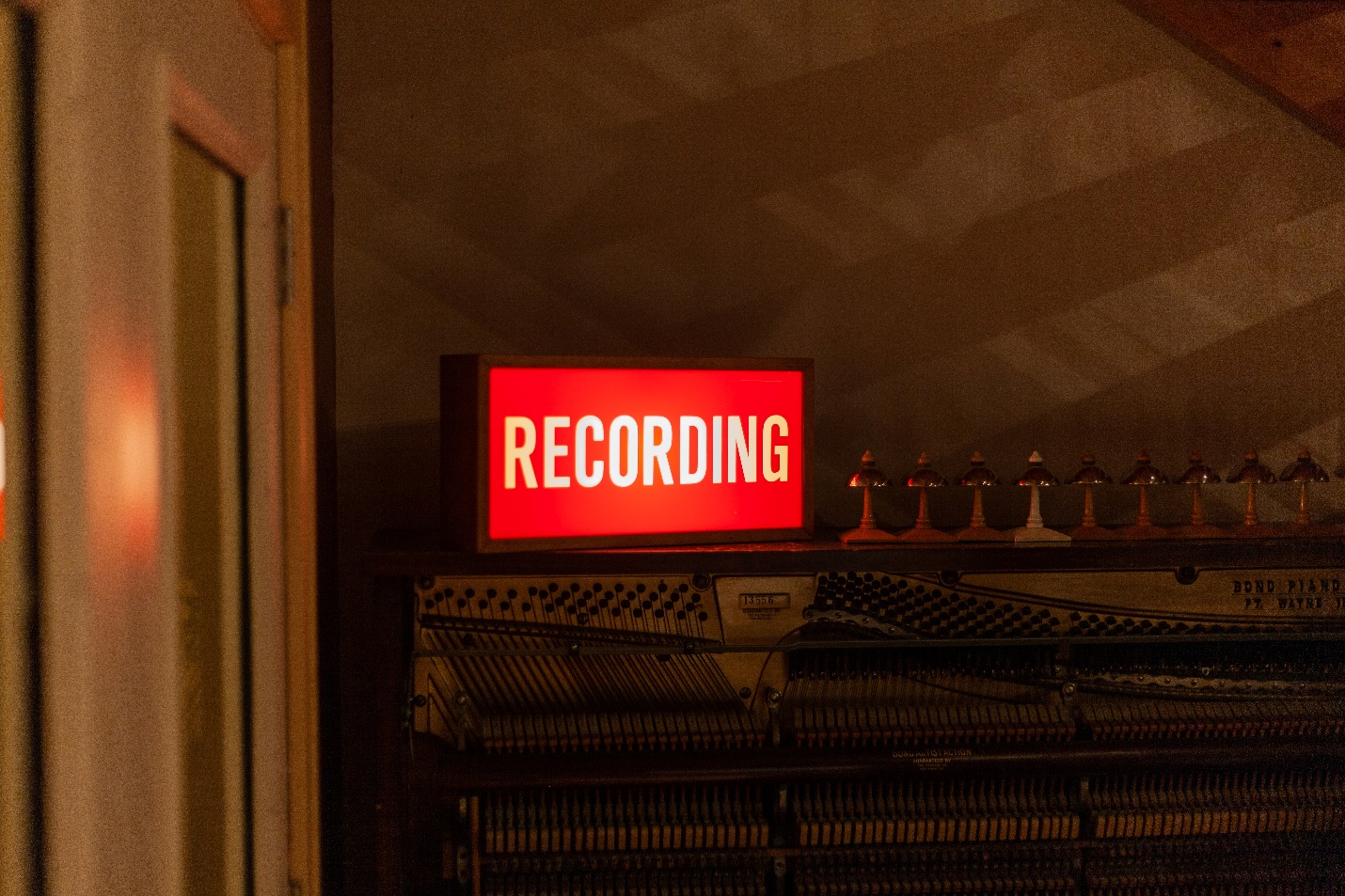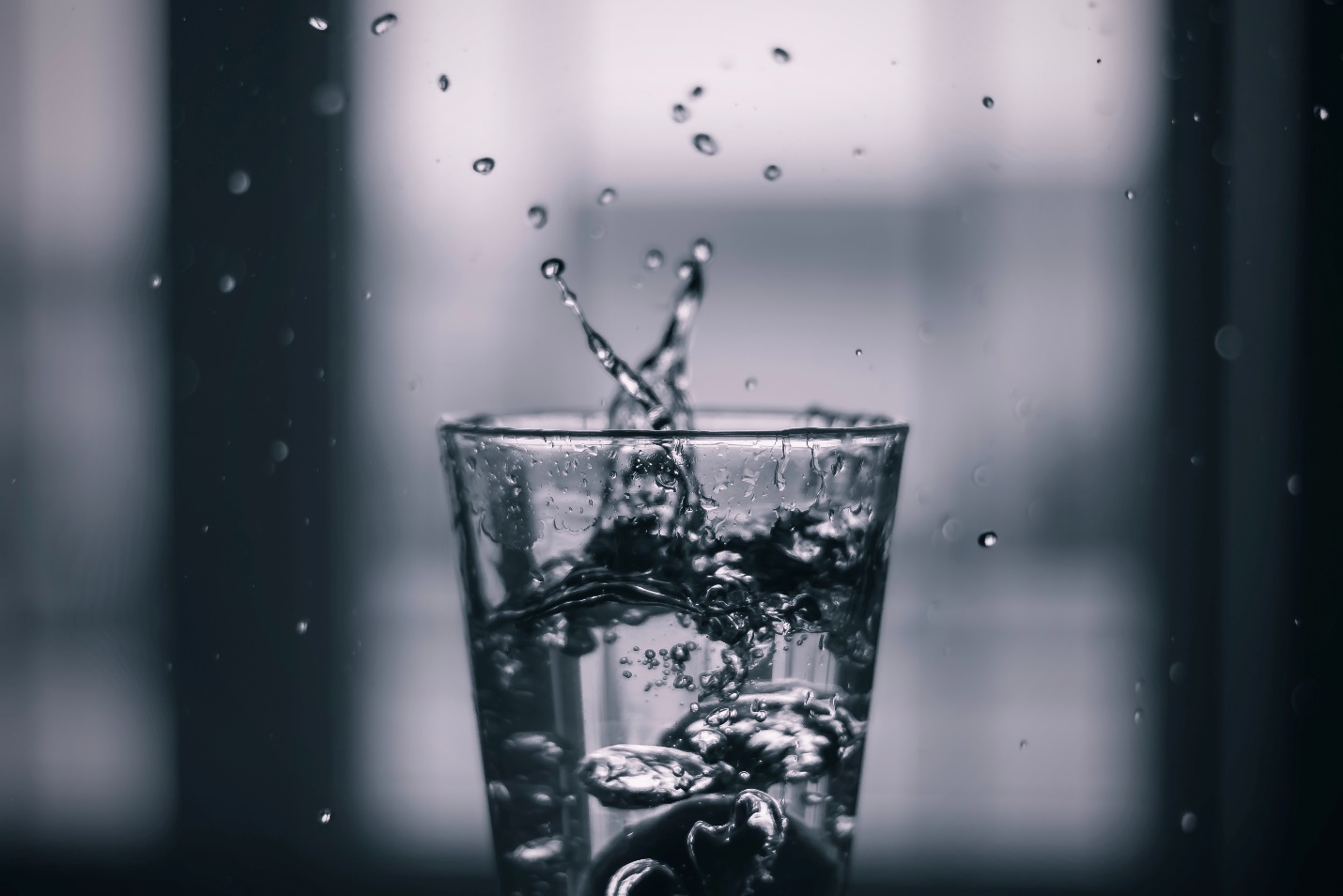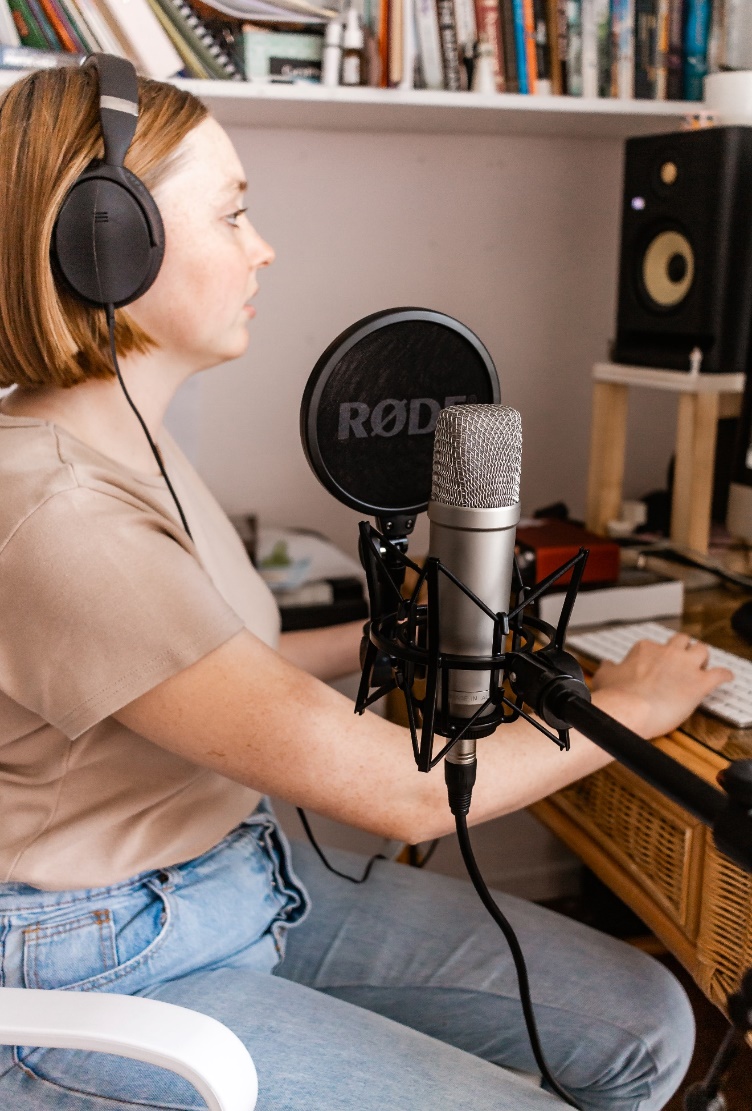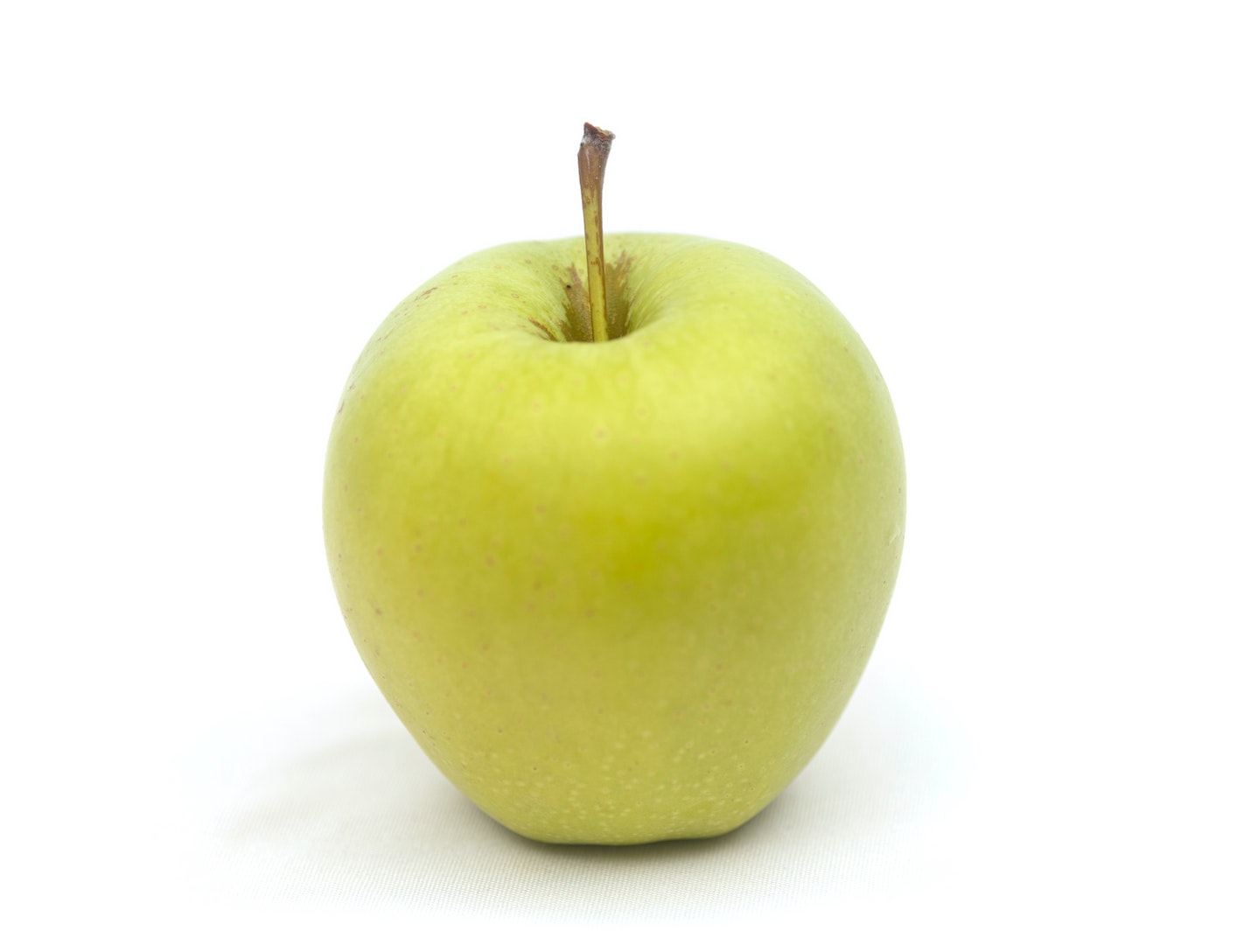There is one problem that’s continued to plague the voiceover community for decades. And will continue to do so until the end of time.
Yes, we’re talking about the dreadful mouth clicks – those icky and gross mouth or saliva sounds you unintentionally capture on voiceover recordings. They are utterly annoying to listen to, and oh boy, don’t even get me started on editing them out post-recording!
However, the worst part is that anytime you try remedying the issue, you are told it has no solution. Apparently, mouth clicks are just an ugly truth of life we’re supposed to make peace with.
But we’re going to tell you otherwise. Mouth clicks are preventable, and we’ve got tried and tested voiceover tips to prove it. Using our voiceover tips, you can kiss mouth clicks goodbye forever!

What Causes Mouth Clicks?
Before we let you in on our excellent voiceover tips, let’s uncover why mouth clicks happen in the first place.
There are multiple reasons why people make mouth sounds during voiceover recordings. It could be because of congestion, lousy speaking habits, not using equipment properly, or not doing vocal exercises before starting a session, etc. These sounds mostly go unnoticed in routine conversation. However, recording with a microphone is another story.
Voiceover recordings can capture minute sounds, no matter which microphone you use. Even the super high-quality mics pick up some level of the unpleasant saliva sounds no one wants to hear. The only way to remove them once they’re on tape is to edit the audio clip on a professional software. However, it’s a tedious task, and not everyone has the experience to do it.
Voiceover Tip #1: Hydrate Before Recording Session

You must have seen recording artists always keep a water bottle in their sound booth. That’s because they know hydration is the key to recording crisp and clear vocals.
If your body is dehydrated, you’re going to see the effects of it everywhere, even your mouth. Drinking less water gives you thick and sticky saliva, which will inevitably ruin your recording session before it even starts.
But you can’t chug a whole jug of water prior to your voiceover recordings and think that’s it. Your body doesn’t work like a sponge. It needs time to absorb the liquid evenly. So, for best results, drink a good amount of water the night before you begin your voiceover recording session.
Voiceover Tip #2: Avoid Diuretics
Diuretics are chemicals that cause your body to expel more water than it should. That means you make frequent trips to the bathroom and end up dehydrating your body, leading to thick saliva. And you know what that leads to.
Hence, when you know you have voiceover recordings coming up, avoid diuretic substances to retain as much water as possible. These include things like coffee and dairy products. It’s hard to avoid them, but the result is well worth the effort.
Voiceover Tip #3: Wash Your Mouth
Your mom was right when she told you to brush your teeth. Pieces and bits of food that get left behind in your mouth are a major cause of mouth clicks.
That means no more eating before you head to your microphone for a voiceover recording. Instead, brush your teeth and use a nice minty mouthwash to eliminate any food stuck in your mouth. Ensure to rinse out thoroughly, as this helps bring down those pesky mouth clicks to a minimum.
Voiceover Tip #4: Use A Pop Filter

If you stand too close to your microphone during voiceover recordings, there’s a good chance it picks up tons of mouth and breathing sounds. This happens because of two reasons.
Firstly, you should stand about the breadth of a hand away from the mic. Don’t stand too close as it’s bound to create more noise.
Secondly, the air from your mouth hits the microphone a little too harshly when you speak. This effect is called plosive. It’s most prominent when you speak words beginning in the letters P and B.
Now you can either stop saying words that contain these letters. Or you could purchase a nifty little pop filter. It’s basically a device made out of fabric that you can attach to your microphone. The device stops your breath from hitting hard on the mic’s surface so that it doesn’t record any plosive mouth sounds.
Voiceover Tip #5: Treat Your Dry Mouth
As we already know, dry mouth is a big no-no if you want quality voiceover recordings. Hence, you must do everything you can to get rid of it. Your mouth can get dry due to a few reasons. You might be ill, taking diuretics like caffeine, consuming alcohol, or simply just not drinking enough water.
To treat this, you can try chewing some gum to activate your salivary glands. The motion of chewing also helps ease the tightness in your jaw and mouth for a better recording experience. You can try mouth freshening sprays if you’re not into chewing gum. The flavor in the spray will help the saliva to get flowing.
Voiceover Tip #6: Munch on A Green Apple

You must have heard of this last trick on our list. But if you haven’t yet tried it, you must wonder whether it’s a fact or fiction.
Surprisingly, it’s true!
Snacking on an apple before voiceover recordings has actually shown to reduce the number of mouth clicks during a session. There’s nothing magical about green apples, though. The citric acid in the fruit cleans your mouth and treats your dehydrated saliva. That is why you can achieve the same effect if you drink citric acid rich lemon juice before a recording.
However, this is only a quick fix that won’t last you more than a couple of minutes. But you must give it a shot if you’re dehydrated and have voiceover recordings coming up.
Wrapping Things Up
Mouth clicks are natural but annoying nonetheless. Thankfully, you can use our useful voiceover tips to get rid of these unnecessary mouth and saliva sounds.
As a voiceover artist, always remember to drink plenty of water and keep hydrated. Also, don’t forget to use tools such as pop filters to manually reduce the number of clicks and pops in your audio recordings. Good Luck!
Primary Keywords:
Voiceover, Voiceover recordings
Secondary Keyword:
Voiceover tips
